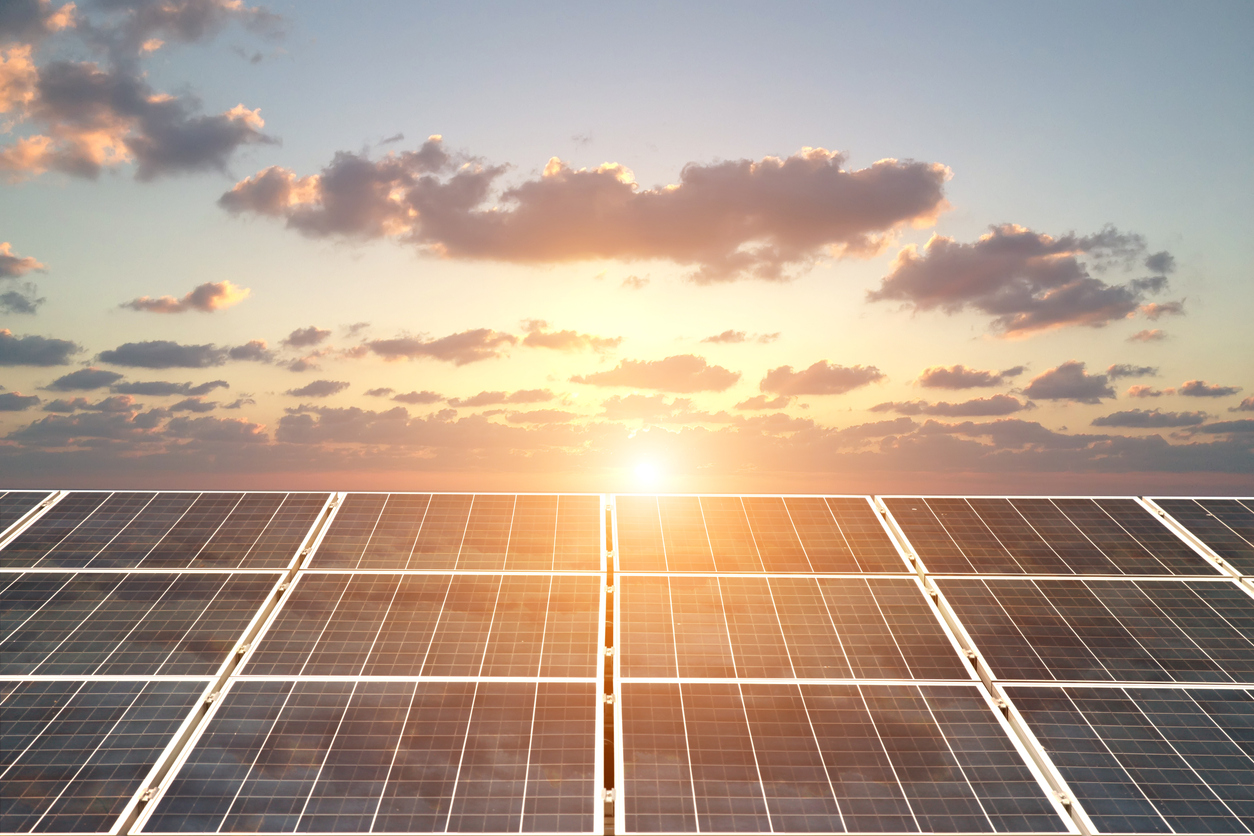Take Full Advantage Of Power Savings With High-Quality Solar Panels
Taking full advantage of energy savings with the use of high-quality solar panels is a multifaceted approach that calls for cautious consideration of technology, installment, and upkeep. Choosing high-efficiency options, such as monocrystalline panels, can dramatically improve power generation, while longevity and guarantee terms play an important role in lasting monetary viability.
Advantages of Solar Power
The advantages of solar power are numerous and substantial, making it a significantly appealing option for both property and commercial applications. Among the primary benefits is its potential to lower electrical power costs. By taking advantage of sunshine, home owners can produce their own power, reducing dependence on conventional energy sources and inevitably leading to significant savings.
One more critical benefit is environmental sustainability. Solar power is a clean, eco-friendly source that helps to minimize greenhouse gas emissions, adding to a decrease in air contamination and climate modification. This lines up with global efforts to shift in the direction of more sustainable energy options.
Additionally, solar power systems can boost property value. Homes and services equipped with solar panels commonly have greater resale worths, interesting environmentally-conscious buyers and financiers. Moreover, federal government motivations, such as tax obligation credit scores and rebates, can balance out setup expenses, making solar power much more monetarily viable.
Finally, solar innovation advertises energy independence. By buying solar power, people and companies can decrease their susceptability to rising and fall energy costs and supply interruptions, promoting greater control over their energy resources. Jointly, these benefits emphasize the compelling factors to take into consideration solar power options.
Selecting the Right Solar Panels
Selecting the right photovoltaic panels is a critical action in maximizing the performance and advantages of a solar power system. When evaluating photovoltaic panels, a number of factors need to be taken into consideration to make sure ideal efficiency and long-lasting cost savings.
First, assess the panel's effectiveness score, which shows exactly how efficiently it transforms sunlight right into electrical energy. Higher performance panels may have a greater upfront price however can create more power in restricted room. Next, check out the guarantee offered by the maker; a longer guarantee generally mirrors a higher degree of self-confidence in the product's durability and performance.
In addition, consider the sort of solar panel innovation. Monocrystalline panels are recognized for their high efficiency and space-saving style, while polycrystalline panels tend to be a lot more budget-friendly yet slightly less reliable. Bifacial panels, which capture sunlight from both sides, are likewise obtaining popularity for their prospective to boost power output.
Finally, carry out a comprehensive evaluation of independent efficiency rankings and customer reviews to assess integrity and satisfaction. By thoroughly thinking about these variables, property owners can make educated options that line up with their power demands and economic purposes, ultimately enhancing the return on investment for their solar power systems.
Comprehending Setup Expenses
Comprehending the prices related to mounting photovoltaic panels is essential for homeowners looking to buy renewable resource. The overall installation price can differ dramatically based upon numerous variables, consisting of system dimension, panel kind, setup complexity, and geographic location.
Generally, the cost is relied on a per-watt basis, with ordinary rates varying from $2.50 to $3.50 per watt prior to any kind of motivations. A typical household system may cost between $15,000 and $25,000, relying on power needs and the chosen parts.
Along with the panels themselves, property owners ought to think about expenditures associated with inverters, installing equipment, and electric upgrades. Labor costs likewise play an essential function, as professional installation makes sure conformity with safety and security criteria and neighborhood policies.

Inevitably, comprehending these setup prices and prospective economic benefits is necessary for property owners to make enlightened decisions about transitioning to solar power.

Upkeep for Long-Term Financial Savings
Preserving photovoltaic panels is crucial for optimizing long-term energy cost savings and making sure the system operates at peak effectiveness. Normal upkeep involves several essential practices that can considerably improve the long life and efficiency of solar installations.
First, routine evaluations must be helpful hints performed to recognize any kind of physical damage or wear, such as cracks or loose connections. Cleaning the panels is likewise essential, as dirt, dirt, and particles can block sunshine, lowering power outcome (Solar Panels). It is a good idea to clean the panels a minimum of twice a year, or much more frequently in locations with high degrees of dust or air pollution
Additionally, keeping track of the system's performance with a monitoring software can provide real-time data on energy production and alert house owners to any abnormalities. This positive technique enables for timely repairs, reducing downtime and maintaining optimum energy generation.
Environmental Impact of Solar Energy
The ecological influence of solar power expands far past its instant advantages of reducing electricity bills and dependence on fossil gas. By utilizing sunshine, solar power dramatically reduces greenhouse gas emissions, thereby minimizing climate change. Unlike standard energy resources such as coal or gas, solar power generation additional resources does not generate air contaminants, adding to improved air top quality and public wellness.
In addition, solar power promotes biodiversity by decreasing the need for nonrenewable fuel source extraction, which often interrupts environments and habitats. By transitioning to eco-friendly energy resources, we can preserve natural landscapes and protect threatened species from habitat loss.
The life process of solar panels likewise presents a lower ecological footprint compared to typical energy resources - Solar Panels. While making solar panels entails some source use and discharges, advancements in innovation and reusing processes are constantly lowering these impacts. Furthermore, the long-lasting advantages of solar power-- such as lowered reliance on limited resources-- much surpass these preliminary prices
Verdict
In recap, the adoption of top quality solar panels presents substantial chances for power cost savings and environmental advantages. The calculated alignment of solar panel selections with energy needs and federal government incentives boosts return on investment, advertising sustainability and decreasing dependence on traditional power sources.